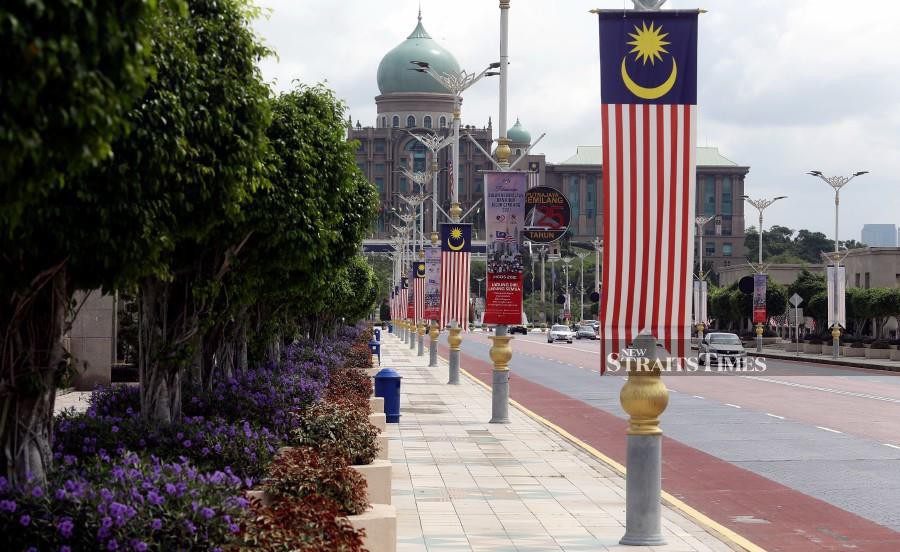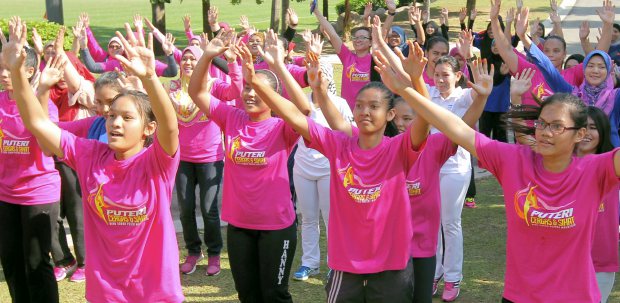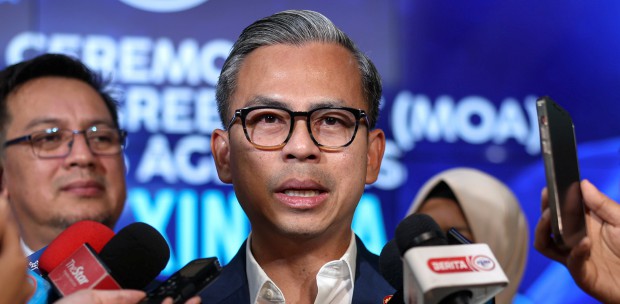The new cabinet line-up shows that the leadership of Datuk Seri Ismail Sabri Yaakob will continue some crucial strategies to steer the country away from the health, economic and political crises.
Some have demonstrated signs of success, such as the National Covid-19 Immunisation Programme, the mammoth eight stimulus and relief economic packages totalling RM530 billion, the 2021 Budget, and the National Recovery Plan (NRP).
The NRP is crucial in terms of giving a clear timeframe for Malaysia to exit the war against the Covid-19 pandemic.
But my concern is about when the number of daily Covid-19 cases drop and economic and social activities reopen again so that our lives will go back to normalcy.
The pandemic has claimed many lives, plunged people into poverty, businesses, especially micro-businesses, have folded, many will file for bankruptcy, and suicide rates are rising.
The youths, especially, are in a dire situation due to a lack of jobs, being underemployed after graduating, low starting salary, and worse, having lost their purpose in life.
For our children, the long-term effects of being too long at home will affect their social skills and the quality of their education.
Hence, this new government has a daunting and unprecedented task ahead. The economic recovery will depend highly on how well the government can address the health aspect of these crises. As mentioned by Ismail Sabri, the pandemic will soon become an endemic.
Thus, the Agenda Nasional Malaysia Sihat (ANMS) must complement the NRP in the context of how to live with Covid-19 for a long time.
There are other implications concerning how ANMS is being executed with existing strategies, like the Movement Control Order, new types of standard operating procedures, or perhaps, the criteria and threshold of the NRP.
But, the reformulation and recalibration of strategies, programmes or policies must be based on data, science and opinions of experts.
The data must be presented transparently. And more importantly, especially from the perspectives of economic recovery and direction, it must factor in what the people really want and feel.
Those are perhaps the real indicators of whether recovery and progress can be made in the economic sphere.
For a start, the government must prove that its cabinet is "outcome-based", which the people can trust and work with.
There are good approaches announced, such as the need for each ministry to show tangible performance in 100 days in office. The idea that each ministry will have to come out with short- and long-term plans is refreshing.
The work must be a whole-of-government one, not merely a few ministries that are seen doing the work.
Every minister must be responsive to what the people want, rather than being defensive.
While immediate economic issues must be ironed out without delay, the government cannot lose sight of the long-term economic planning of the country because from the economic management perspective, short- and long-term planning go hand in hand.
For instance, if we want to address issues — like restoring the wellbeing and prosperity of the people, reforming the social safety net system, increasing economic competitiveness, strengthening the role of the private sector, enhancing people's quality of life, creating jobs and business opportunities, especially for youth and small- and medium-scale enterprises, or shifting an economic paradigm and setting a new vision of economic prosperity — long-term economic planning is needed.
The government can borrow and use national assets for today's needs.
But eventually, long-term economic planning will ensure that the economy will thrive, the people assured of their prosperity and wellbeing as one big family, or Keluarga Malaysia, and public finance is being managed sustainably.
We will celebrate National Day tomorrow. We have come a long way. We managed to overcome crises in the past. I'm confident that we can do it now if we are united and work as a family.
The writer is associate professor of Economics, head of Political and Economic Risk Research Unit, Universiti Utara Malaysia
The views expressed in this article are the author's own and do not necessarily reflect those of the New Straits Times






